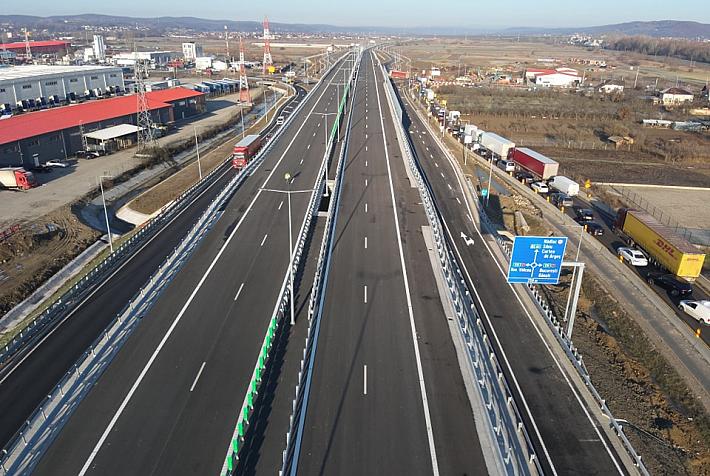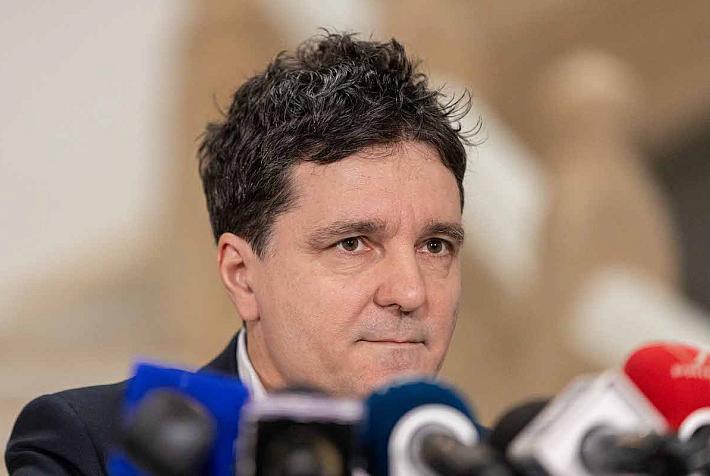Romanian experiment DropCoal is now operational on the International Space Station

DropCoal, the experiment developed by the Romanian InSpace Engineering (RISE) with the support of the European Space Agency (ESA), is now operational on the International Space Station (ISS). Astronaut Donald Pettit installed it last week in the ICE Cubes Facility, and the entire process went smoothly, according to RISE.
The experiment will run for 6 months on the ISS, studying how two droplets merge and mix in microgravity.
“November 15 marks an important milestone for DropCoal, being powered on and operated for the first time from our ground station, at RISE. We were able to generate the first droplets in microgravity, confirming the main functional blocks: telemetry reporting, image downloading, operation of servomotors, pumping of droplets in the fluidic circuit, etc,” RISE announced.
This marks the beginning of the commissioning phase when the team will run a series of hardware validation experiments to ensure all systems are functioning correctly, the same source said.
Next, once this phase is completed, the operators will proceed with conducting the planned experiments, following the scenarios outlined by the science team led by INFLPR. The results will be analyzed, and the aggregated data sets are expected to provide scientists with the basis to expand existing models of fluidic interactions and applications.
The findings from this experiment are of particular importance for space exploration, as they will help scientists improve the way of administering medicine to astronauts or fueling various spacecraft. Further details about the DropCoal (Droplet Coalescence) experiment can be found here.
irina.marica@romania-insider.com
(Photo source: Facebook/RISE - Romanian InSpace Engineering; credit: ESA / NASA)












